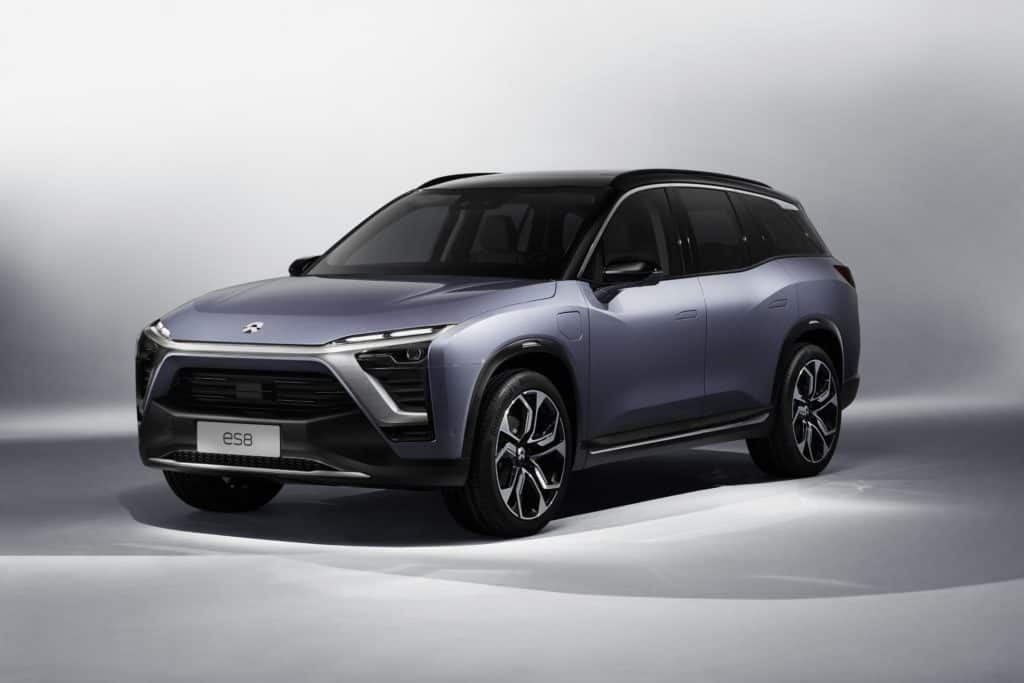
NIO, the Chinese electric car startup founded by William Li, has been promising big things for a few years. It says it has 3,000 people devoting all their energy to developing world class electric powertrain and self driving technology. “I believe autonomous driving, AI, and auto intelligentization will become crucial in reshaping user experience,” Li says. “The smart car has just given China a head start to run on a different track.”
NIO is doing at least one thing right. Its first production car, the ES8, is a fairly conventional looking sport utility vehicle, the type of vehicle that is in the greatest demand by new car buyers in most markets around the world. Last fall, NIO became one of the first Chinese companies to be listed on the New York stock exchange. At that time, it said it was planning to build a factory in Shanghai to produce cars for the Chinese market and for export.
The price for NIO stock at the time of its IPO was $6 per share. That quickly zoomed to $12 per share shortly thereafter before falling back to Earth. Since then, it has been trading in the $6 to $8 range but is on a downward trajectory now that the company says it has abandoned its plan to build its own factory.
That factory wasn’t expected to be ready until at least 2020. In the meantime, the ES8 would be built by Chinese manufacturer JAC Motors, which is owned by the Chinese government. That arrangement apparently will continue now that a new factory for NIO is no longer in the cards. JAC made 12,750 ES8 SUVs last year according to The Verge. The company generated $720 million in revenue in 2018 but finished the year with a loss of $1.4 billion — double the size of its loss in 2017.
The arrangement with JAC Motors means NIO will have a harder time becoming profitable because the fees it must pay to JAC are higher than what its production costs would be if it had its own factory. NIO says one part of its decision not to build a factory is that the Chinese new car market was down last year for the first time in three decades. Deliveries in the first two months of 2019 have been far below expectations.
Junheng Li, a stock analyst who focuses on the Chinese auto industry, told The Verge that NIO “doesn’t sell enough cars to warrant [captial expenditure] expansion. This is not a real company. It’s experimental at best,” she said. The same could be said of many startups lured by the enormous potential profits that electric and autonomous cars offer, many of which have burst on the scene never to be heard from again. Faraday Future certainly falls into that category. Others on the periphery of fame and fortune include Lucid, Karma, and Fisker.
Jerry Seinfeld liked to say, “Dying is easy; comedy is hard.” That sentiment could be applied to the automobile business as well. Saying you are going to build world class electric and self-driving cars is easy. Actually doing it is hard. Anyone who has been following the travails of Tesla Motors as its stock ricochets up and down from one day to the next will understand just how hard it is.
